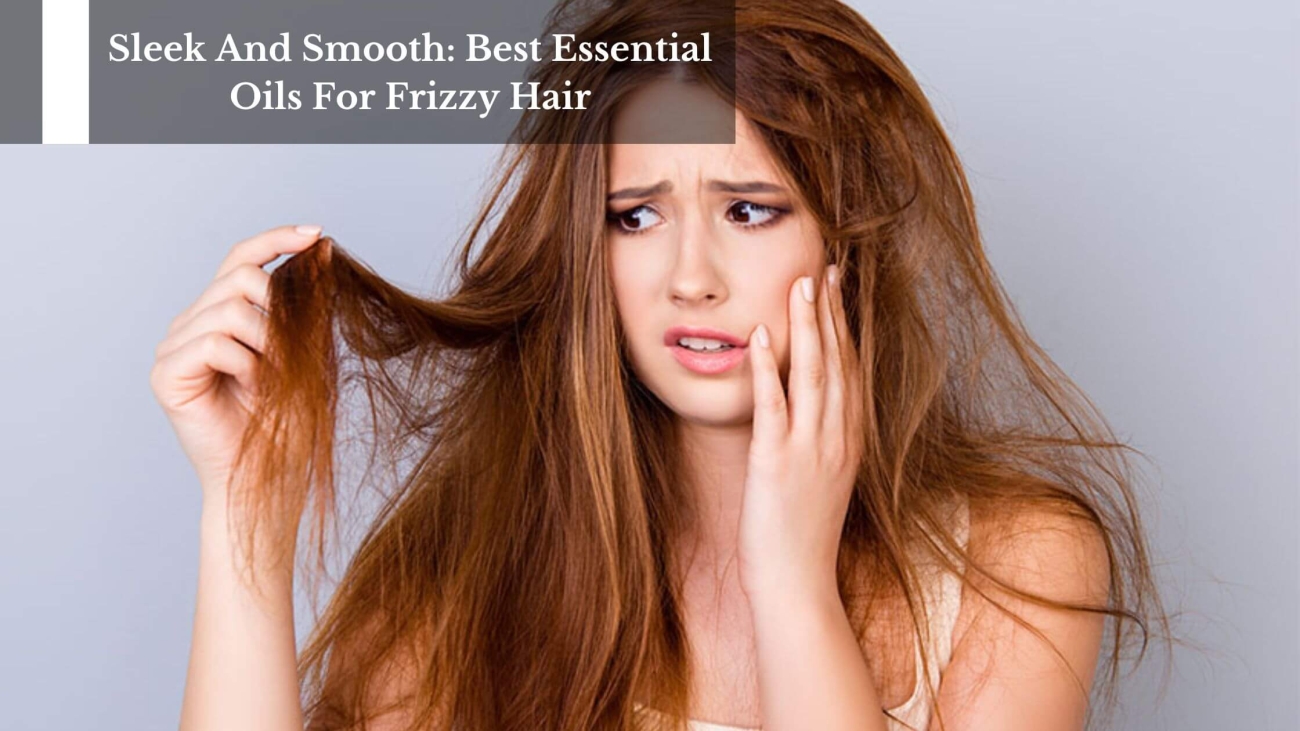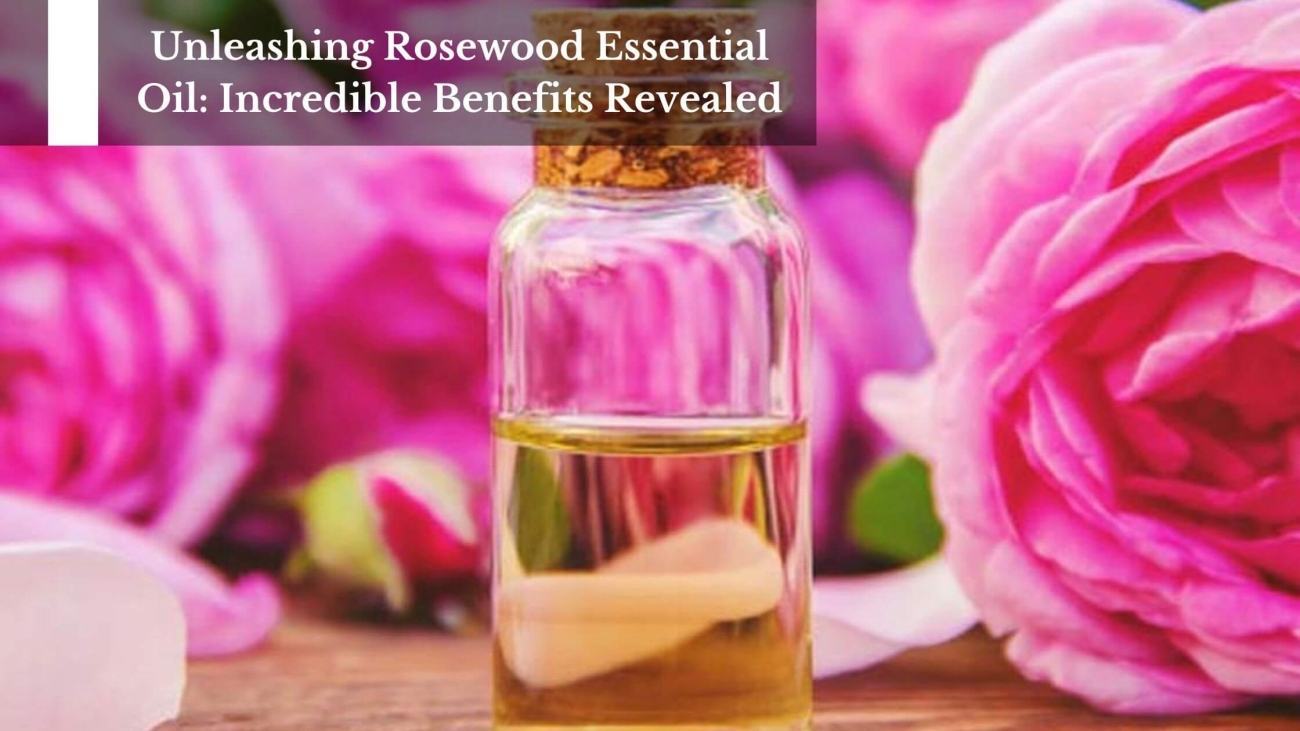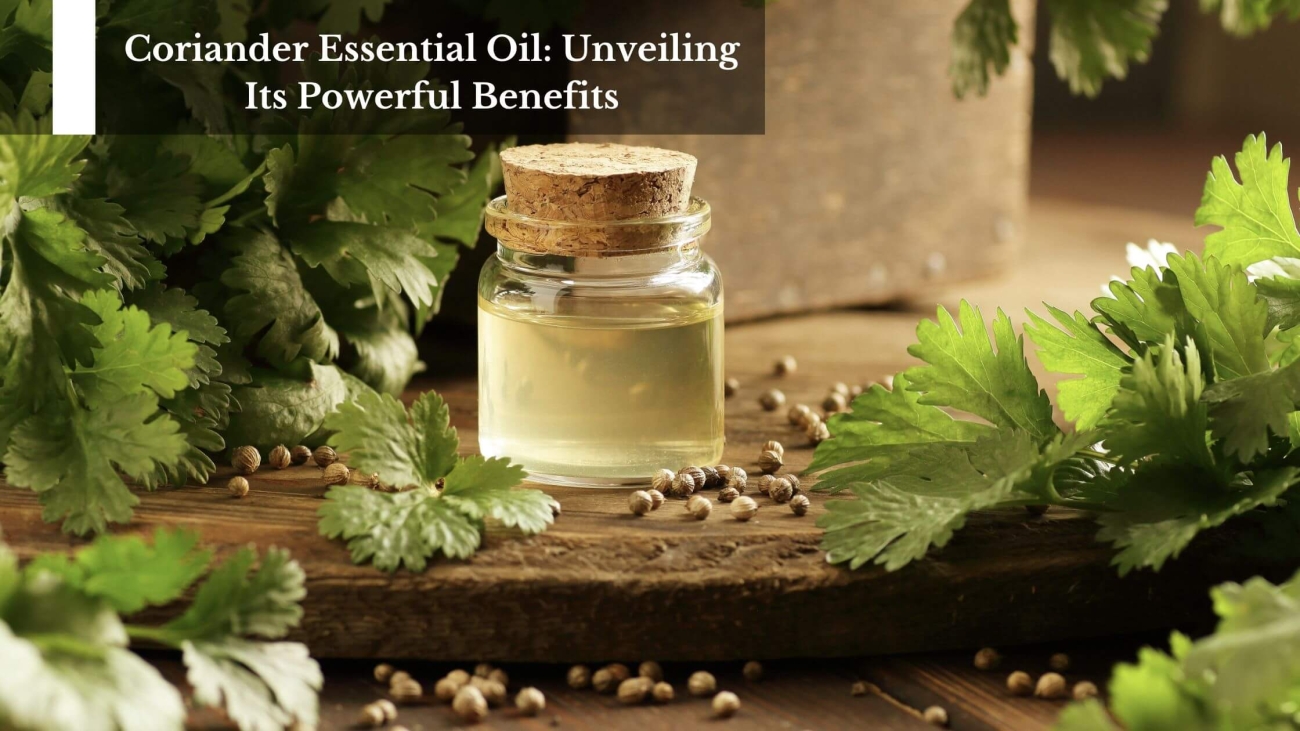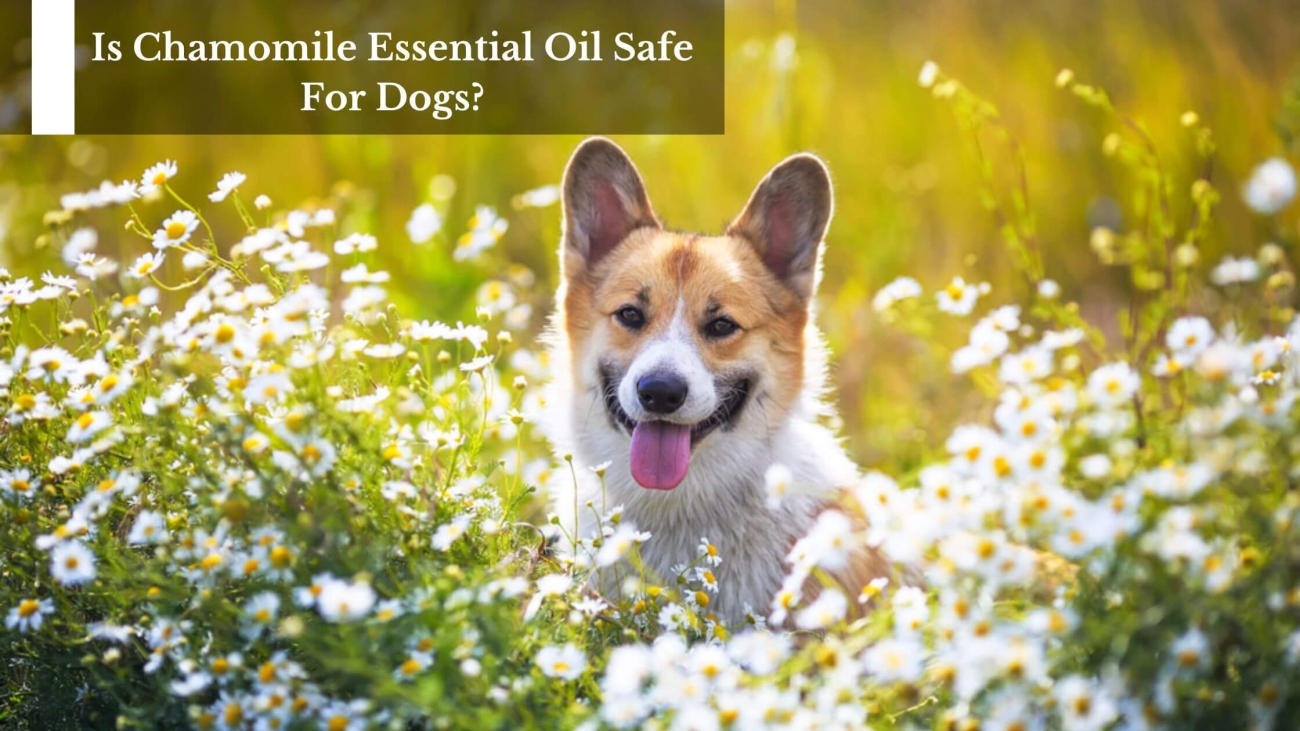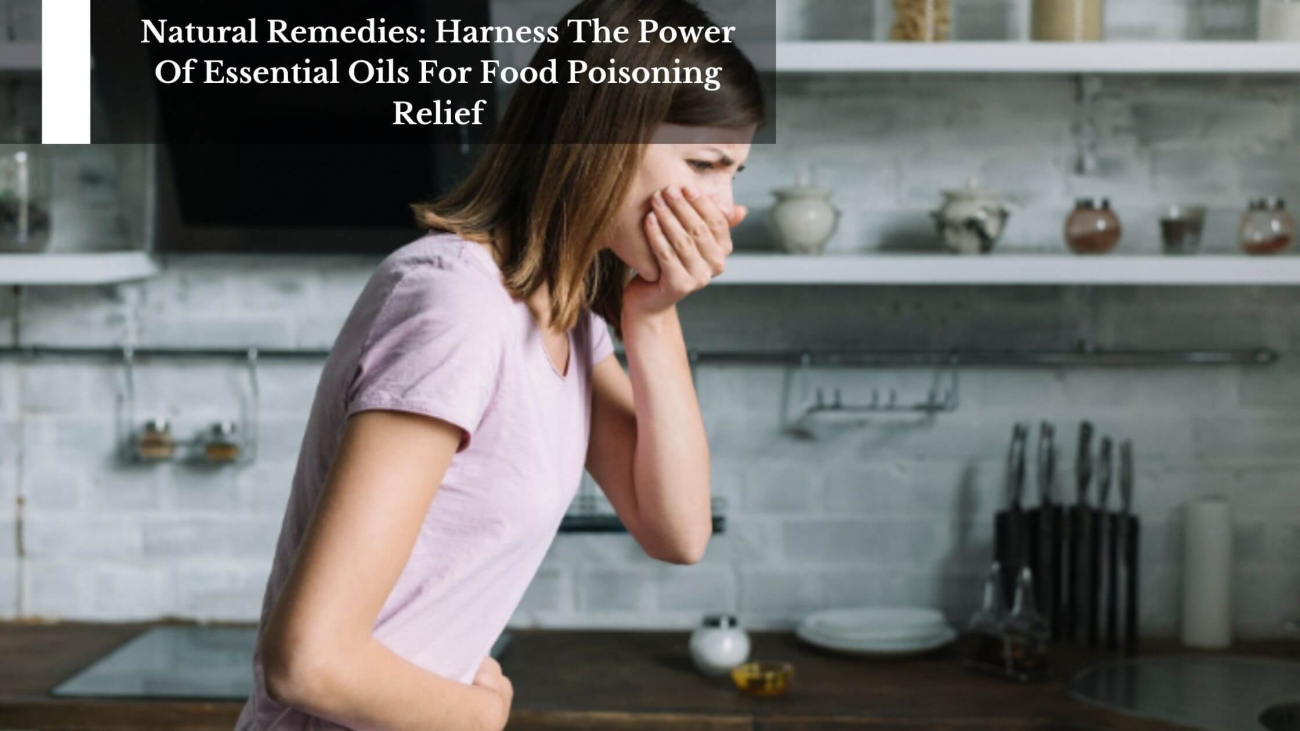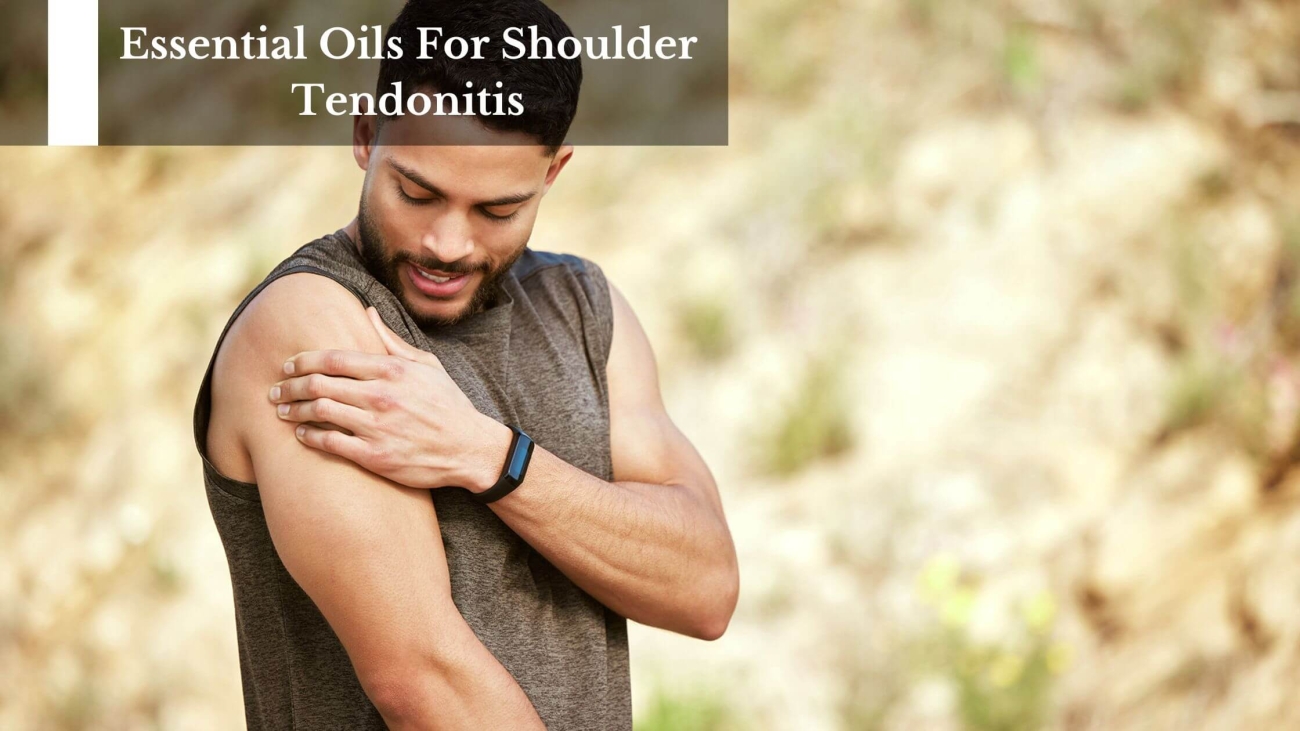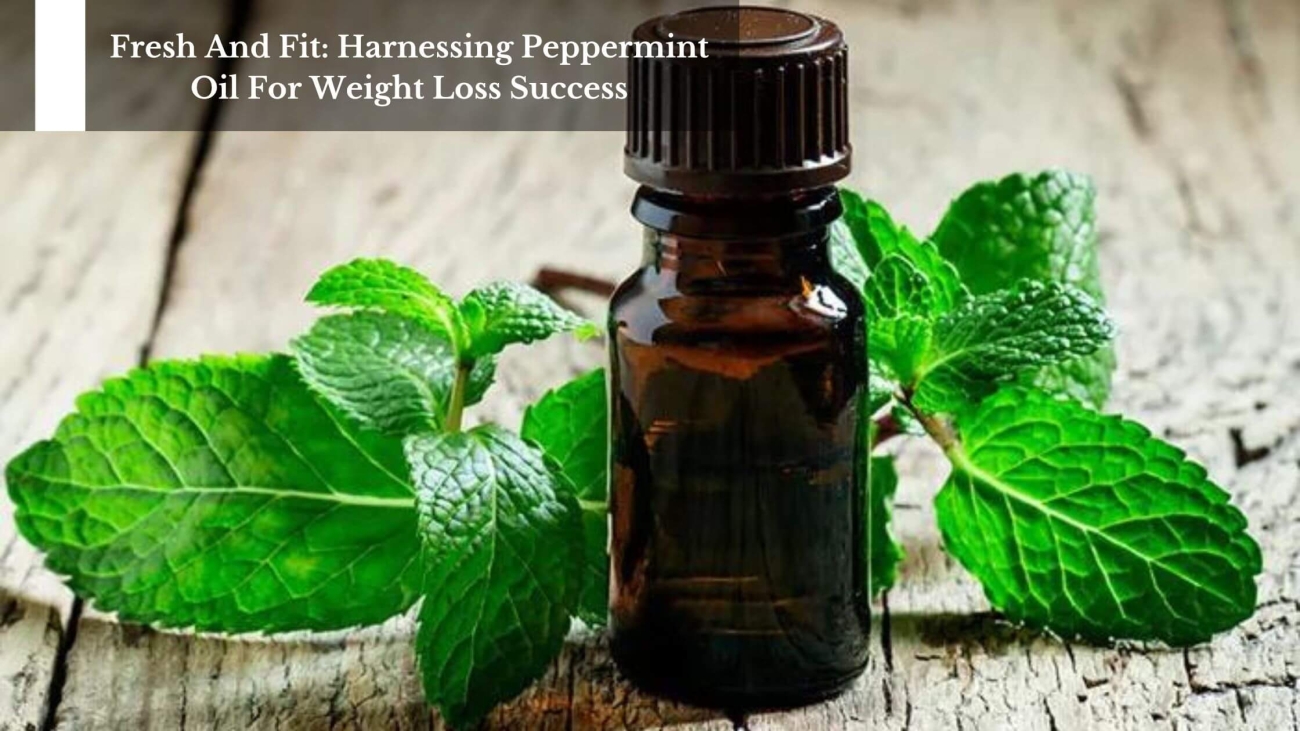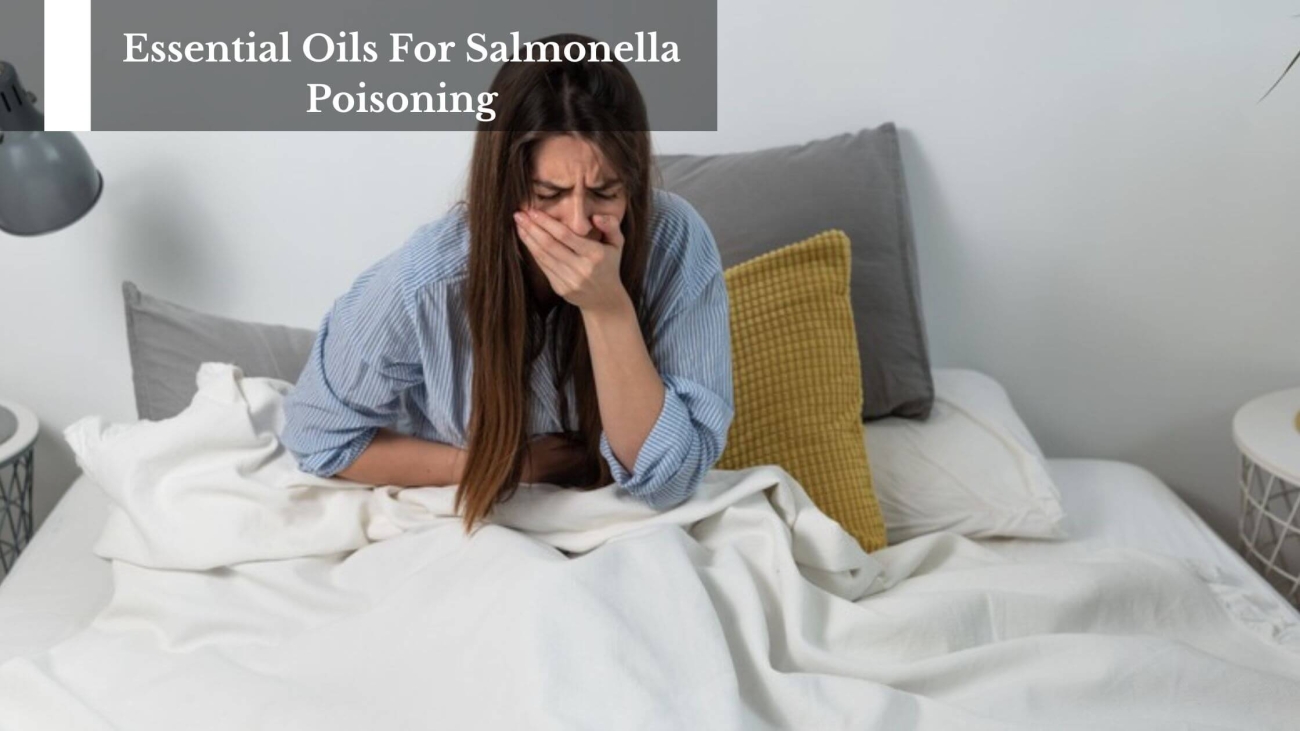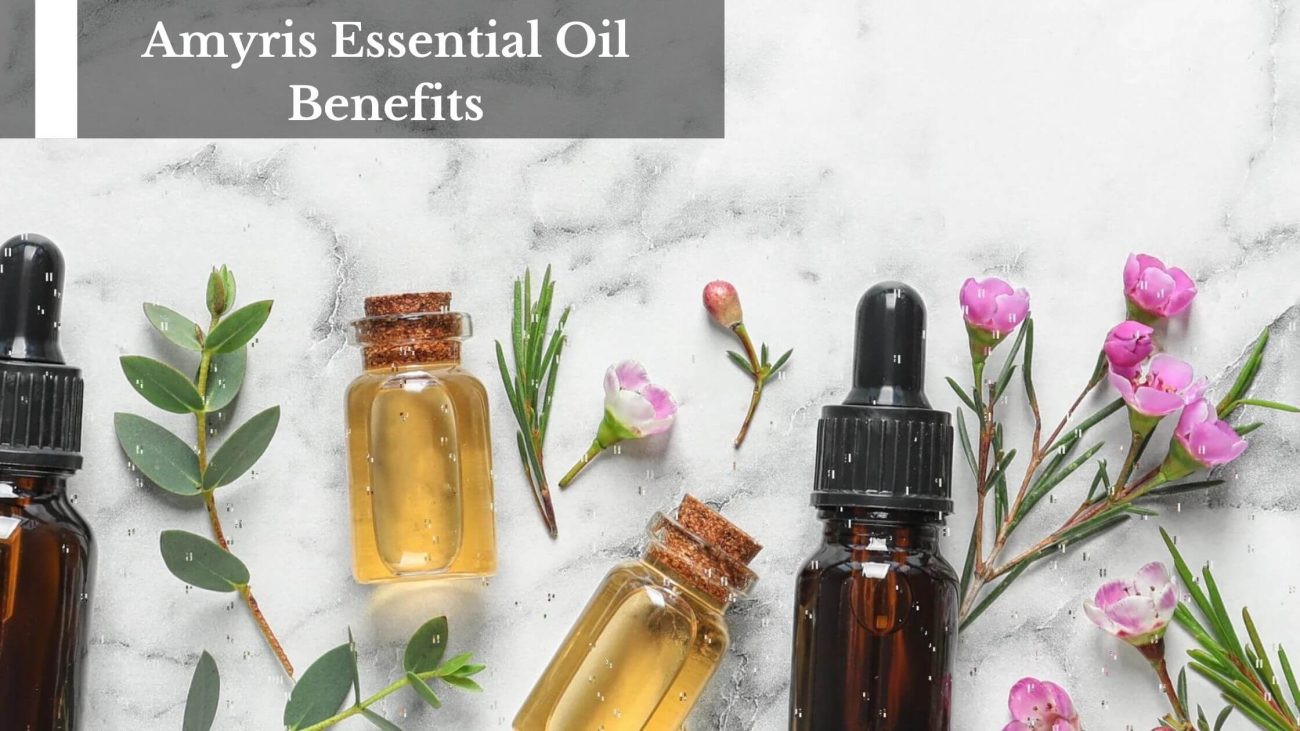Frizzy hair is frequently bothersome and annoying. The amount of effort that it requires to control frizzy hair steals precedence over other pursuits, which is particularly pertinent while traveling. The fight gets significantly more difficult throughout the peak summer months when moisture levels and heat are stronger. While a majority of us think that dry, and frizzy hair is triggered by an excessive amount of humidity, it turns out to be caused by dryness. Thankfully, essential oils for frizzy curly hair are available to tackle this problem.
You may also like:
Frizz occurs when the cuticle that covers the hair layer is lifted, enabling dampness to penetrate underneath and exhaust the hair shafts while the inherent oil outflow through the glands that produce oils on the top layer of the scalp is disrupted. The hair develops lifeless and unmanageable as the outcome.
Major Causes Of Frizzy Hair
- Your locks are inherently brittle or wavy and frizzy.
- Since you fail to consume a sufficient amount of water and possibly not following a nutritious diet, your system is exhausted.
- You use hairdressing and styling products (hair drying machine, straightening iron, etc.) sans a decent heat inhibitor too frequently.
- Your shampoo and conditioner contain alcohol and SLS, which is which may trigger breakage and dry out the shaft of hair.
- Your oil-based products, treatments, and moisturizers aren’t making it into the hair root.
- The hair membrane has been compromised by over-processed toxins in the hair shaft, which includes high-lift coloring or bleaching.
- The sebum, or natural oil secreted by your scalp’s epidermis fails to penetrate the hair shafts.
- Your medicines are generating alterations to your immune system that influence the structure of your locks.
The causes might be endless but you must select a product based on your requirements. So, why don’t you pick up an anti-frizz solution from your nearby pharmacy? Sadly, most frizzy hair care items contain chemicals and silicone compounds that may be hazardous to your well-being. Using a combination of organic oils and botanical extracts is a safer – and far more efficient – way to combat roughness. The best essential oils for frizzy hair comes to the rescue in this case.
Top 5 Essential Oils For Frizzy Curly Hair
1. Peppermint Essential Oil For Frizzy Curly Hair
Peppermint Essential oil stands at the top of one of the best essential oils for frizzy hair. Coming from the mint family peppermint Essential oil offers a tingling sensation on your scalp which is cooling at the same time. Do you know that peppermint Essential oil is a great product for the treatment of frizzy and oily scalps? It improves the flow of blood in your scalp when applied with carrier oil. Peppermint Essential oil also bestows the properties of amazing hair growth and eliminates the chances of hair fall. The best part about using peppermint Essential oil for frizzy and curly hair is its stimulating properties. It stimulates the scalp and prevents the formation of dandruff which in turn maintains the health of your scalp. The sudden increase in the circulation of your scalp helps to induce hair growth and manageable hair. No wonder why people are intrigued to use peppermint Essential oil for frizzy dry and curly hair as it is loaded with mind-boggling benefits.
2. Lemongrass Essential Oil For Frizzy Hair
One of the most effective essential oils for frizzy hair includes lemongrass oil. Lemongrass oil is widely recognised for its topical treatment in the hair shaft as it increases hair growth to a great extent. Not only this but lemongrass Essential oil also boosts the circulation in your scalp and strengthens your hair follicles. Apart from the exclusive benefits of lemongrass Essential oil for hair, it also contains antibacterial anti-inflammatory and antifungal properties. All these qualities of lemongrass Essential oil help to provide relief from irritated inflamed and itchy scalp. Also prevents dry and curly hair while keeping dandruff at bay. Because of its incredible properties lemongrass Essential oil is known to provide results in a maximum of 14 to 30 days.
3. Lavender Essential Oil For Curly Frizzy Hair
If you are dealing with dry and curly hair which is which also catches frizz in the summer time then you got to try lavender Essential oil. Lavender Essential Oil is known to be rich in antifungal, anti-inflammatory, and antibacterial compounds. All these properties of lavender Essential oil help to maintain a healthy and clean scalp and rejuvenates your hair follicles. A recent study demonstrated that using lavender Essential oil topically on your hair twice a week brings in commendable outcomes such as inducing hair growth reducing frizz and battling dandruff. Lavender Essential oil is also a perfect choice for people looking to increase the thickness of their hair.
4. Orange Essential Oil For Dry And Frizzy Hair
While talking about the best Essential oil for frizzy curly hair how can we forget about Orange Essential? Orange Essential Oil is rich in antioxidants like vitamin C which helps to reinvigorate your scalp and nourish the hair follicles. Using Orange Essential oil on your scalp with a career oil can bring positive outcomes in terms of hair growth and managing frizzy hair. It is one of the best essential oils for hair thinning and dry hair which also releases a very tangy and fruity fragrance to your hair. No wonder why people go gaga over the after-effects of using Orange Essential oil for hair as it brings a refreshing feel to their hair. You can also use Orange Essential oil for your skin to balance sebum production. It works in the exactly same way for your hair.
5. Sweet Basil Essential Oil
Looking for the best essential oils for frizzy hair which also serves as a perfect skin treatment? We have got you covered for this. Sweet basil Essential oil has a very warm and floral fragrance that rejuvenates your tresses and offers a very refreshing and reinvigorating feel to your hair. Guess what using sweet basil Essential oil for frizzy hair makes them a lot more manageable and softer. The Essential oil also balances the Shivam production in your scalp and increases hair growth by two times. Sweet Basil Essential Oil is widely prevalent for its properties to reduce hair loss and increase the volume of your hair thereby maintaining the texture.
How To Use The Best Essential Oils For Frizzy Hair?

Using the best essential oils for frizzy hair is no more a grind. We have the best ways to use them which are listed below. So, check them out.
- Mix 2-3 drops of essential oils for frizzy hair with a carrier oil. Now apply this mixture to tame frizzy hair.
- You can also combine essential oils in your hair masks to get visible results.
- Alternatively, mix only a drop of essential oil in your hair serum to get rid of frizzy and lifeless hair.
Takeaway
The best essential oils for frizzy hair are game changers if you use them regularly. However, make sure to utilize pure and high-quality essential oil for frizzy curly hair to get maximum benefits. Moksha Lifestyle is all set to serve you the best natural ingredients with prominent quality and impeccable benefits. Check them out.
You may also like:
FAQs
1. Can I use essential oils for frizzy hair directly?
No, we do not recommend using essential oils directly on the scalp. But, you can combine it with your favorite hair serum to get benefits.
2. Does essential oils for frizzy hair help with hair growth?
Yes, they do. A lot of essential oils mentioned above are also capable to induce hair growth and diminish the chances of hair loss.

